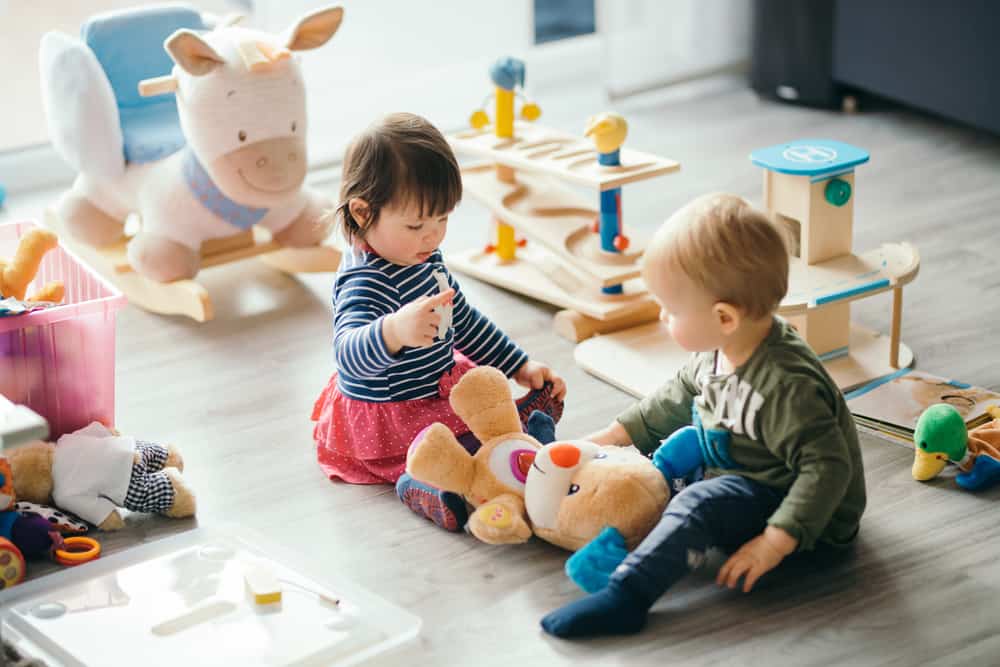There is something special about watching a child at play. The whole world seems to be at their fingertips. Playing is an important part of childhood, and many experts stress the importance of free play as part of a young child’s development. Free play is considered the unstructured and voluntary activity that provides children the opportunity to use their imaginations while they explore the world around them.
While guided activity promotes a certain response, children can dictate what happens during free play. This spontaneous play activity allows them to experience things the way they see them, and it sparks the natural curiosity. There are several other reasons why children benefit from free play. Check out these 40 important facts about free play and how they could be beneficial.

1. Free Play Lets Kids Be Kids
Free play is defined as unstructured and voluntary activity that a child chooses what he or she would like to do. It is spontaneous and creative. They get to decide what to do. Some examples of items used in free play include dolls, building blocks, molding clay, crayons and paper, and other kinds of toys.

When children are allowed to dictate what and how they want to play, they are allowed to express their emotions. Children are encouraged to use their imagination in creative ways. Toys can only be used one way, whereas passive activities like playing video games on a tablet do not spark the same kind of creativity.
